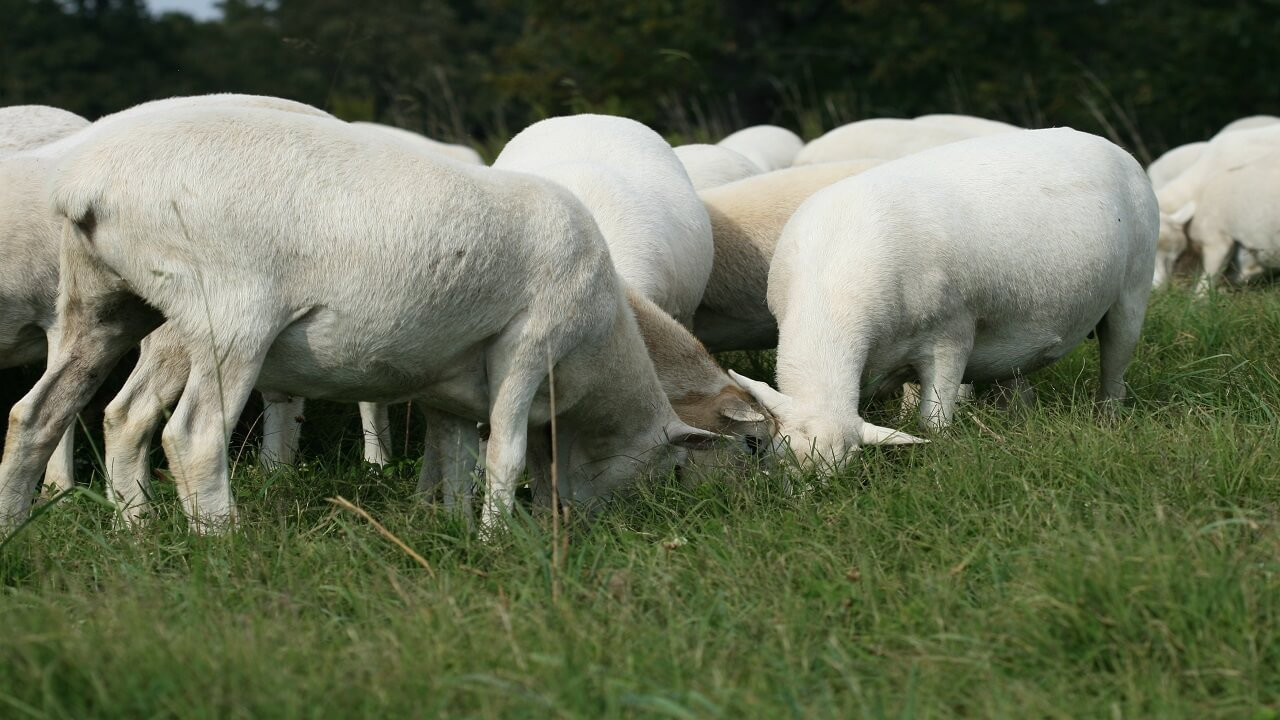
Livestock Farming Pest Control
July 5, 2023, 12:51 pm
Livestock farming pests consume feed and can also be a source of nuisance to farm animals. They also transmit disease to farm animals.
Livestock Farming Pest Control
Livestock farming pests include invertebrates (e.g. houseflies) and vertebrate pests (e.g. rodents). Livestock pests are therefore both vertebrates and invertebrates and the methods of controlling them will differ.
Vertebrates Pests
Rodents
A major pest in livestock farming is the rat. Rats compete with the animals for feed and when the feed is not available, they eat up the animals especially at night. Rodents also waste and contaminate feed with their urine and faeces. It is important that all holes are sealed and doors are fitted with metals especially at the lower parts to prevent rats from entering.
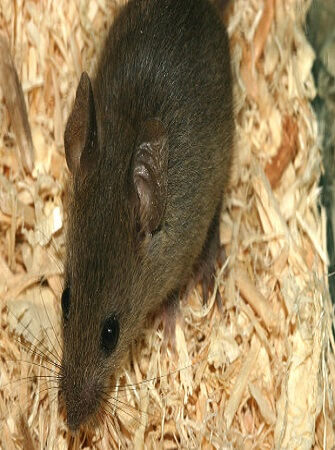
Traps might be used but use of chemicals (rat killers) could be dangerous as the toxic chemical may find its way into feed trough. Rats may also transmit disease causing organisms.
Snakes
Snakes pose danger to livestock farming. They kill both fowls and bigger animals. Pens should be well constructed and properly secured at all times.
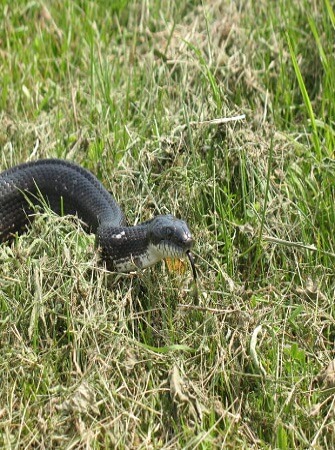
Some plants are presumed to repel snakes (anti-snake) when grown around the farm but one is not sure if the plants do not contain anti-nutritional agents
Birds
Wild birds compete with chickens for feed. Wild birds have also been known to transmit diseases e.g. bird flu
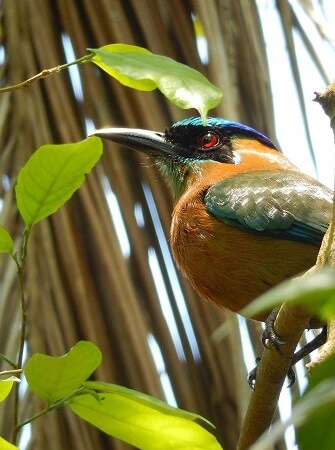
Invertebrates Pests
Soldier Ants
These are terrible pests to livestock. Overnight, soldier ants can kill thousands of young chicks, poults, kids, lambs, piglets, puppies etc.
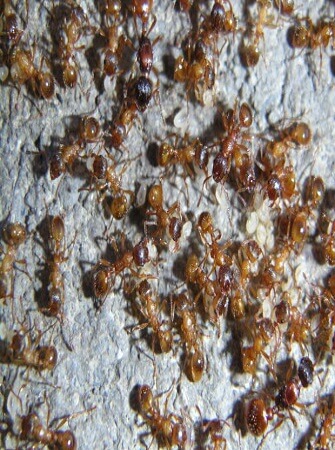
Construction of water channels around pens and constantly filled with water prevents soldier ants. Regular but careful application of chemicals will also ward off soldier ants. Surveillance of the surrounding bush should be done to destroy soldier ants with fire.
In ethnoveterinary applications:
- When Eru (Yor)—xylopia aethiopicum—is burnt the odour sends away soldier ants
- Mixture of petrol and water (1:8) kills soldier ants
- Mixture of kerosene, detergent and water kills soldier ants
- Sprinkling of used engine oil around pens prevents soldier ant invasion
Weevils and Termites
Weevils eat off feed ingredients thereby reducing their nutritive value. Weevils and termites also destroy wooden structures of animal houses.
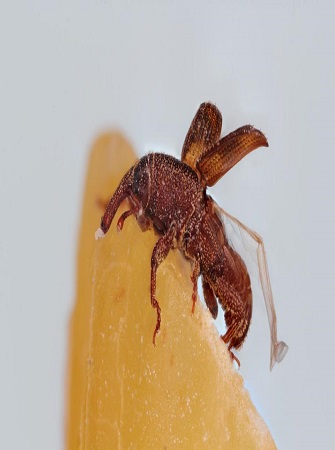
Ant hills built by termites also take up farm space. To control weevils and termites, chemicals can be judiciously used. Wood should be treated during construction to prevent destruction caused by termites. Some wood are resistant to weevil and termite attack. The anthills on the farmland should also be demolished.
Flies
Many flies disturb livestock; they include housefly, blowfly and horsefly. Housefly is commonly found on open wounds.
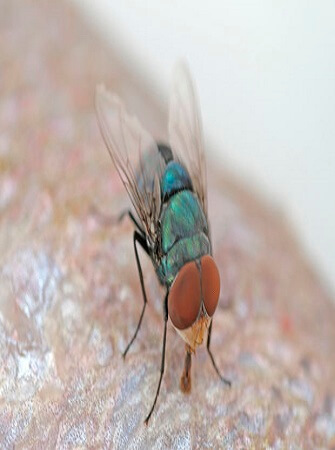
General Prevention and Control of Livestock Farming Pest and Parasites
A single prevention or control measure may not be effective in the control of disease, pest or a parasite. An integrated management system (combination of systems) is necessary to ensure effectiveness of control. The measures include a combination of the following:
- Adequate feeding will protect the animals against most disease
- Quarantine: This is a method of isolating, investigating and treating new stock of animals or sick ones to prevent spread of diseases. Animals imported from other countries are usually quarantined for a specific period of time to ensure that new diseases and pests are not introduced
- Vaccination/inoculation: Vaccination are employed to prevent disease or to boost tolerance or resistance against diseases or parasitic infestation
- Preventive or prophylactic medications: These are drugs that are given to the animals in order to keep them away from diseases and parasites
- Use resistant or tolerant animals that are adapted to the locality
- Rotational grazing will break the life of cycle of parasites and maintain clean pastures
- Wilt forage before feeding, this will prevent bloat. Introduce new feed gradually
- Provide salt licks to ruminants
- Animal houses must be well-designed; draught must be avoided. Housing must therefore be well ventilated, pallets must be provided or good straw beds which must be hygienically cleaned
- Prevent wild animals, birds, mice from having contact with farm animals
- Maintenance of high level of hygiene e.g. droppings and beddings should be removed and disposed at a safe place; carcasses should be buried
- Regular grooming, hoof dipping and washing of animal
- Reduce stress on the animals by avoiding trekking long distances. Feed and water animals at regular times to reduce stress
- Avoid frightening farm animals
- Always deworm dams and feed them well before parturition
- Use pesticides according to manufacturer’s instruction
- Prevent invasion by soldier ants as they can cause serious losses on farm animals
- Seek advice from qualified animal health officers
- Practice good sanitation
- Practice bio-security
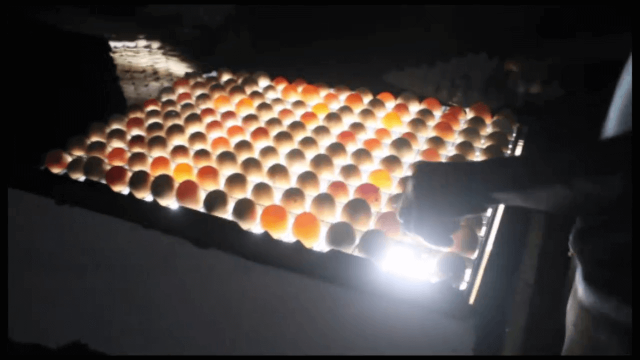
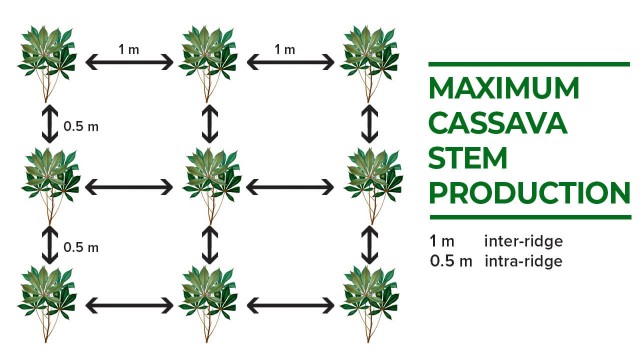
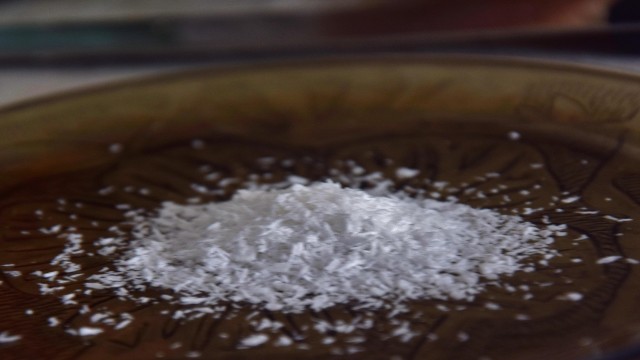
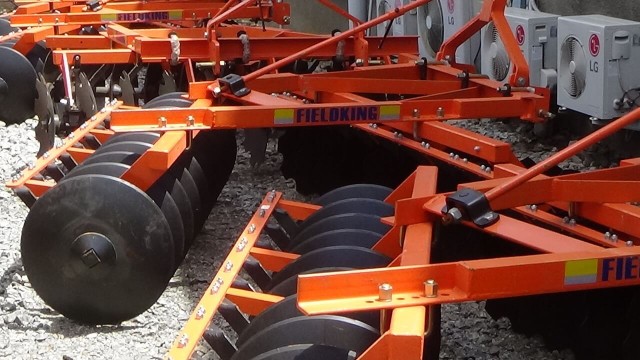
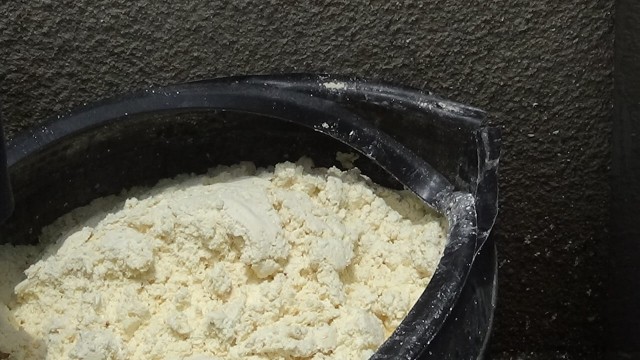
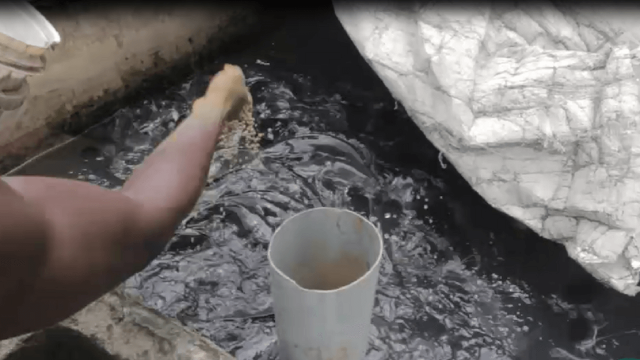
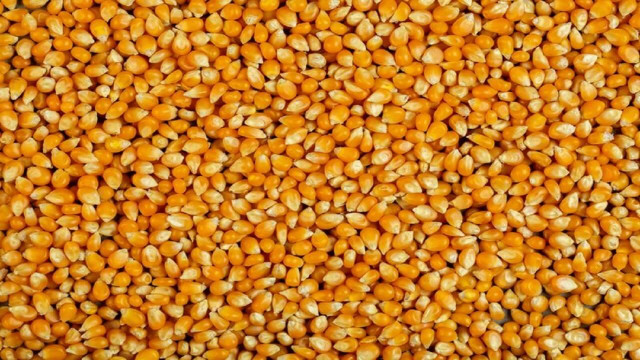
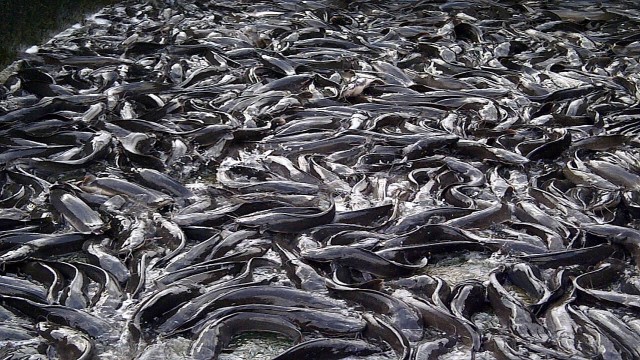
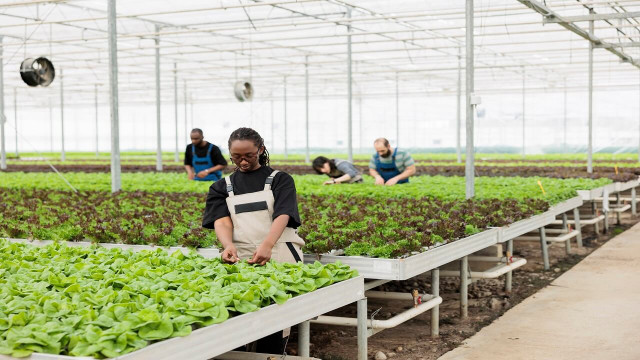
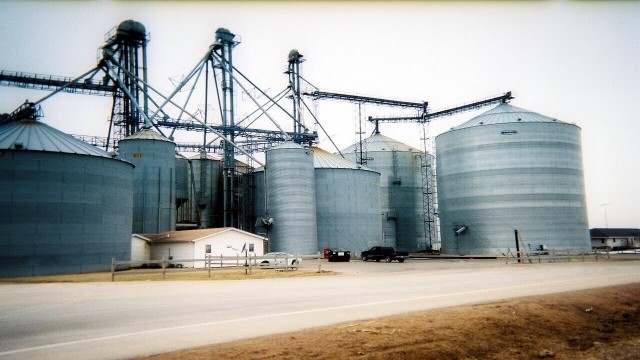
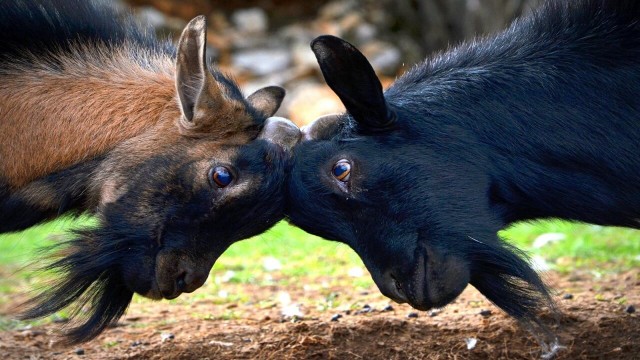

Share This Article: